Best Red Sea Resort
The Jordanian market is a little bit better than the rest of the region, and definitely better than Europe and the States.
Interview with Ziad Abu Jaber, Chairman of Tala Bay
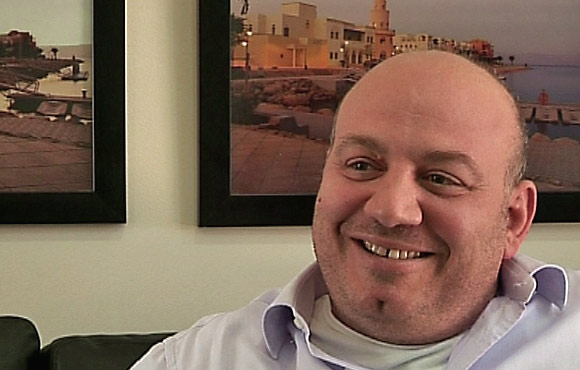
What is your vision for Jordan and how do you see the country in the next 5 years?
I see it very bright; after all we have a lot of stability in this country, security and investment-wise. Our population is very young. Technologically speaking we are very advanced compared to the region. We have been getting a lot of support by many entities, the USA is one that is very supportive of Jordan and the Europeans are very supportive. Overall I strongly believe that the next 5 years will be a challenge but will be very fruitful.
What is your assessment of Jordan’s economy and its prospects for growth?
We have to look at the real people, what do they benefit, how do they benefit, what happened to their livelihood? Lifestyle has improved in many ways, such as growth numbers and technological mandates, but above all are the mental faculties. I think the stability that we have in this country is not measured by numbers, it is a feel that you have. Jordan is progressing. I think we have a long way to go, we are not content with ourselves and this is part of our self criticism. We have to keep trying.
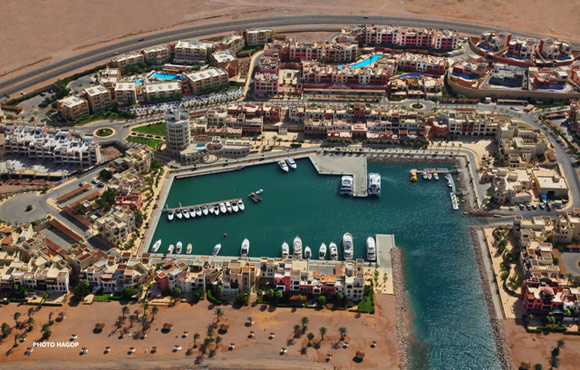
What are Jordan’s prospects for developing regionally and internationally in competitive exports in the food and beverage industry?
Unfortunately, to be competitive you need a cheap energy source. Jordan does not have that, so competitiveness really becomes a human factor. We strongly believe that we have a very powerful workforce, and we are exporting that workforce. If any of my employees in Jordan get a job outside of Jordan, I encourage them to go. It opens up horizons, it educates them and it allows them to get some sort of revenue. They become expats so they can expatriate that revenue back to Jordan. I strongly believe that Jordan will come a long way in exporting people and not material. Today the cost of fuel has reached 70+; stabilized from 150 a few years back, so even at 70 we are still not competitive. We are dearly looking towards our nuclear plant to come along soon. That will alleviate some of the pressure we have on the energy sector. Hopefully, then we can become competitive.
What is your frank assessment of the real estate sector in Jordan?
“The Jordanian market is a little bit better than the rest of the
region, and definitely better than Europe and the States.
Land is very dear to Jordanians, so we build it right and
it becomes a commodity.The land is going to stay, the
market will always be there, you can sell, you can buy; it is a
free, open economy in the true sense.
The 18% that has come up I think is a testament to the current situation of Jordan’s rules, regulations and laws on real estate. Anybody can buy property in Jordan and own it, without any restrictions what so ever, they can even get a mortgage on it. Ultimately this open economy mentality helps us a lot and it projects us as a very capable economy in the region. I do think the economy could be brighter next year because population growth is demanding more residential units.
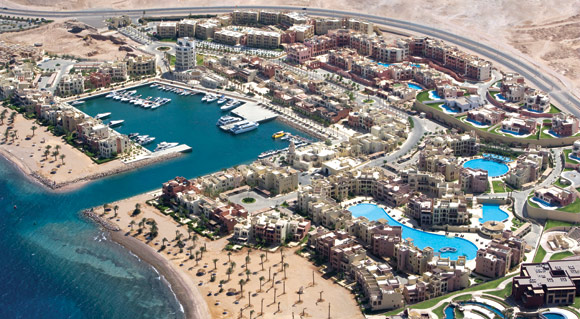
We are one of the highest growth nations in the area, percentage-wise. We had a lull in the 80’s and the 90’s, investments were placed else where so we had a shortage of housing but now it has picked up nicely and I think we are catering very well for own people. Unfortunately, many companies in the world, not just in Jordan, have not been able to weather the storm because they have short comings on the management side. Ultimately, Jordan will always survive these events no matter what because the level of education across the whole spectrum is rather high. I am not saying that we are more intelligent than the Europeans or even the Americans; all I am saying is that we don’t take unnecessary risk.
Can you speak a little bit more about Tala Bay, one of your largest real estate projects in Jordan?
Basically the vision really came from His Majesty; he really needed and demanded a resort on the Red Sea of Aqaba. The north part of Aqaba was predominated by hotels, the southern part of Aqaba was pretty much desert. So I felt an opportunity to take battered land and create something out of it, as a challenge in the first degree and as a reward for the Jordanians. In reality we only have 16 kilometers of useable beach, and unless we do something worthwhile everyone is going to be travelling and spending money abroad to be able to have a good time on the water. We started this project and we were accepted beautifully in society and the Jordanian economic circles; banks predominantly were very supportive of us. The government support was amazing; the facilities they gave us, the features, the capabilities. Without them we really would not have come along. At the end of the day it is our country, so if we don’t build it then nobody else will.
Why should investors or people interested in a second home choose Aqaba and Tala Bay in particular instead of any other destination such as Dubai?
If you are looking for a homier, family attitude, and a quieter life, then Aqaba would be for you. Aqaba has Eilat on its border and it has Taba on the other border and way down it has Sharm Al Sheikh. In the Gulf, it is lovely, at 50 degrees sun. Ultimately, I think we are comfortable in Aqaba, we are nicely protected by mountains from both sides. Aqaba has one of the highest ratios of sunshine per year in the world, which is why all these energy companies are looking at Aqaba . We also have a very docile sea; the sea is very acceptable, not too rough, not too salty or too cold.
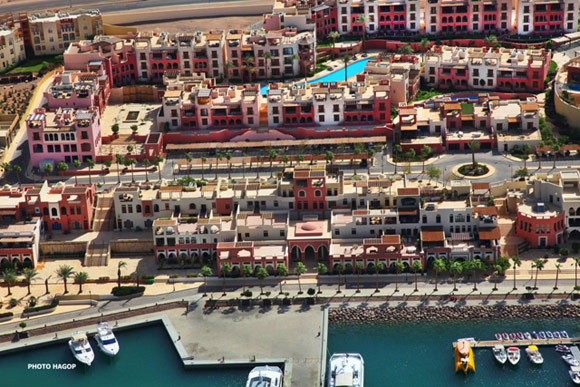
Don’t forget that Wadi Rum is right next door, you have Petra right up the road, you have Eilat and the Holy Land, you have the Dead Sea that you can go to. It is a good combination for a 15 day holiday if you do not want to live there. We have the right hotels, from 1 star to 5 stars, so we have the whole spectrum. About 15% of our residents in Tala Bay are foreigners and they come for long spans to live there which has been very convenient. Apparently tax in Europe is very heavy, so if they live a certain number of days of the year in Jordan and Jordan has a reciprocal tax treaty with their country then they are exempt. Other people enjoy it because of the weather, the nice fresh air that they can walk around in, and above all security. The level of security in this country is really second to none and I am very proud of it.
What are your main challenges?
The challenge really comes down to the cost. Unfortunately the cost of energy plays a part in all of our costs, from plastics to cement. Oil has not gone down and stainless steel and concrete are oil based. We strongly believe that if we can address that we can become a little more competitive. The Jordanian government does not subsidize anymore, which is why apartments are a little more expensive in Jordan but they are a totally different quality. The material inside our apartments tends to be European, we do spend money on finishing because we want it to last.
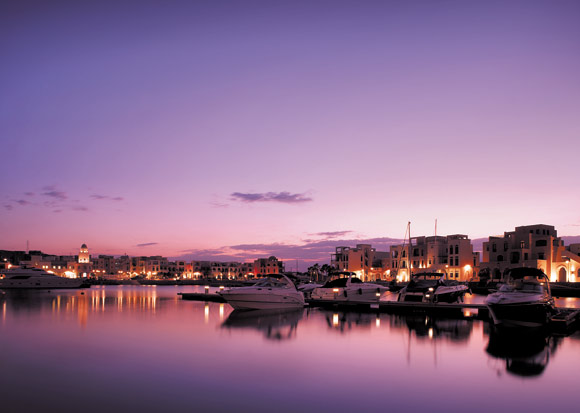
We also need to address marketing; we do have a snag with marketing. We have to go out to people and address them in their own domain; going to 50 different events across Europe is costly but we don’t want just one major one that addresses all of Europe. We need to find a means of reaching people in a different matter. Internet is now one of them, the baby boomers of the 1970s today are up and coming and they are on the internet 24/7 which is convenient. I think we will do well in the next few years on the internet.
How do you see yourself in 5 years and how do you characterize your strategy?
Well, the first thing I can be proud of is that we are one of the few Jordanian families who institutionalized the family business. We are fully institutionalized and we have outsiders who are managing the family business, which is good for us. If you are properly educated and brought up in this society, you do appreciate the values in life, and this is very important, at least in Jordan. Today more than ever in the crisis, they become the essence of life and you start falling back on what your grandfather taught you when you were a young child and those are the values that count. It’s sad that we have to find that out in a time of crisis and not in normal circumstances.